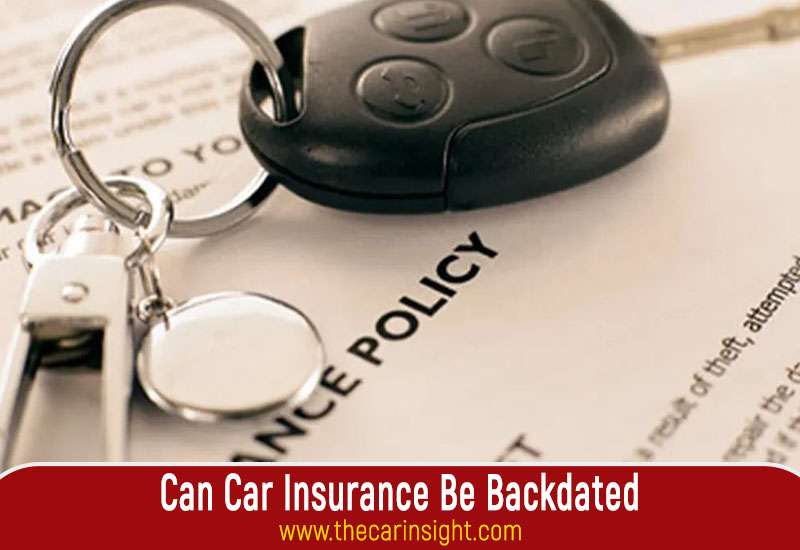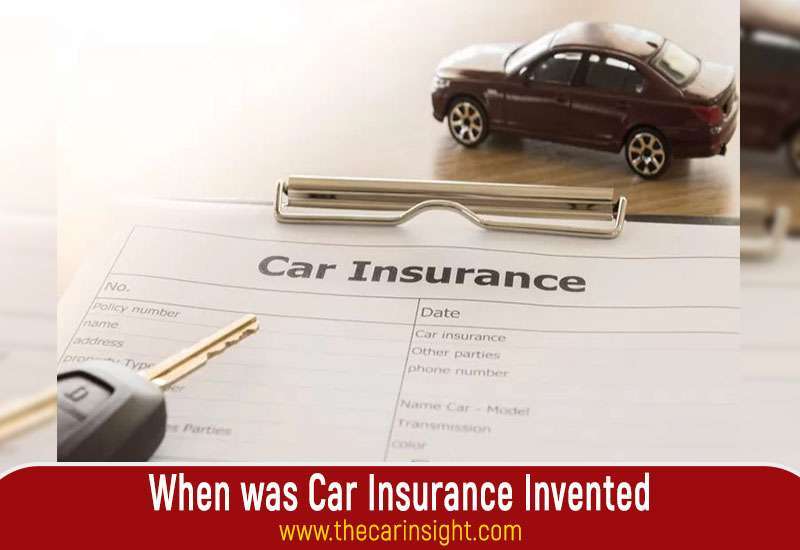Best Tips for Your Car Insurance, it is typically not taxable. Car insurance payouts are usually not subject to taxation.
When dealing with a totaled car, the last thing you want to worry about is the tax implications of your insurance payout. Understanding how insurance payouts for a totaled car are taxed can help provide clarity during a stressful situation.
In most cases, the money you receive from your insurance company for a totaled car is considered reimbursement for your loss rather than income. This means it is not usually subject to taxation by the IRS. However, there may be exceptions based on specific circumstances, so it’s always recommended to consult with a tax professional to ensure compliance with any relevant tax laws.

Best Tips for Your Car Insurance
When a car is deemed “totaled” after a severe accident, the insurance company will provide a payout for the vehicle’s worth based on its condition and market value. But are these insurance payouts taxable?
Determining Car Totaled Insurance Payout Eligibility
Insurance companies determine a car’s eligibility for a totaled payout by evaluating the extent of damage and comparing repair costs to the vehicle’s pre-accident value. If the repair costs exceed a certain percentage of the car’s value, the car is considered a total loss.
Valuing Your Car Totaled Insurance Payout
The insurance payout for a totaled car is based on its pre-accident value, which can be determined through various methods, such as market research, appraisal, or valuation tools. It’s important to understand how the insurance company arrives at the payout amount to ensure a fair valuation.
Maximizing Taxable Benefits
When car totaled insurance payout is taxable, it’s crucial to understand the potential tax implications. By maximizing taxable benefits, you can make the most of the situation.
Leveraging Tax Deductions
Tax deductions can help offset the tax liability from a car insurance payout. These deductions may include expenses related to medical bills, property damage, or any unreimbursed losses.
Utilizing Tax-advantaged Accounts
- Consider using a Health Savings Account (HSA) or a Flexible Spending Account (FSA) to cover medical expenses without being taxed on the reimbursements.
- Contributing to a retirement account like a 401(k) can lower your taxable income, potentially reducing the tax impact of the insurance payout.
Negotiating With Insurance Companies
When a car is totaled, and an insurance payout is received, taxes may come into play. Understanding the tax implications of the insurance payout is crucial, as it can vary depending on individual circumstances and local regulations. Consulting with a tax professional can clarify whether the insurance payout is taxable.
Strategies For Maximizing Settlements
When negotiating with insurance companies after a car is totaled, it’s important to clearly understand your rights and the strategies you can employ to maximize your settlement. Here are some effective strategies for negotiating with insurance companies:
1. Provide detailed documentation of damages. To strengthen your case, gather as much evidence as possible to demonstrate the extent of the damage to your vehicle. Take photos, obtain repair estimates, and keep records of any medical bills or other expenses related to the accident.
2. Do thorough research: Before entering negotiations, research the fair market value of your vehicle as well as any applicable state laws regarding settlements for totaled cars. This knowledge will empower you to negotiate from a position of strength.
3. Be persistent: Insurance companies often start with low settlement offers, hoping you will accept them without question. Don’t be afraid to negotiate and advocate for fair compensation. Be persistent in reaching a settlement that properly reflects the value of your totaled car.
4. Get multiple quotes for repairs: If the insurance company offers a settlement that you feel is too low, consider obtaining multiple quotes from reputable repair shops. Present these quotes to the insurance adjuster as evidence of the actual cost to repair or replace your vehicle.
5. Consult with an attorney: If negotiations are not progressing as desired or you feel overwhelmed by the process, consulting with a qualified attorney specializing in insurance claims may be helpful. They can provide guidance and advocate on your behalf.
Save Big on Car Insurance Quotes in Tampa Fl
Understanding Insurance Company Tactics
When negotiating with insurance companies, it’s important to be aware of the tactics they may employ to minimize their payout. Understanding these tactics will help you navigate the negotiation process with confidence. Here are some common tactics used by insurance companies:
1. Lowball offers: Insurance companies may initially offer a settlement significantly lower than your vehicle’s fair value. They count on the fact that many will accept these offers without question.
2. Delaying tactics: Insurance companies may delay the settlement process, hoping you will become frustrated and accept a low offer out of desperation. Stay vigilant and persistently follow up to ensure a timely resolution.
3. Disputing fault: Insurance companies may attempt to place more blame on you or argue that the accident was partially your fault. This tactic aims to reduce their liability and decrease the amount they have to pay.
4. Downplaying injuries: If you were injured in the accident, insurance companies may attempt to downplay the severity of your injuries or argue that they were pre-existing. Don’t let them undermine your claim for fair compensation.
5. Offering quick settlements: Insurance companies may pressure you to accept a quick settlement, often before you have fully assessed the extent of your damages. Take your time to evaluate the offer and consider consulting with a professional for guidance. By understanding these tactics and employing effective negotiation strategies, you can increase your chances of maximizing your insurance settlement after your car is totaled. Remember to stay persistent, gather evidence, and seek professional advice if necessary.
Frequently Asked Questions On Car Totaled Insurance Payout Taxable
Do I Have To Report the Car Insurance Settlement To Irs?
Yes, car insurance settlements are not typically reported to the IRS unless they are for punitive damages.
Do Insurance Claims Get Reported To Irs?
Insurance claims are not reported to the IRS unless they involve a taxable income portion.
Are Insurance Claim Settlements Taxable Income?
No, insurance claim settlements are not considered taxable income.
What Insurance Proceeds Are Not Taxable?
Insurance proceeds from certain types of policies, such as life, disability, and health insurance, are generally not taxable. However, it’s important to consult with a tax professional to understand any exceptions or specific circumstances that may apply to your situation.
Faq 1: Will I Have To Pay Taxes On My Insurance Payout If My Car Is Totaled?
No, insurance payouts for a totaled car are not taxable as long as they are used for a replacement vehicle.
Faq 2: Do I Need To Report The Insurance Payout For My Totaled Car On My Tax Return?
No, you must not report the insurance payout for a totaled car on your tax return.
Conclusion
Understanding the tax implications of a total car insurance payout is crucial. Stay informed to avoid surprises. Consult with a tax professional for personalized advice. Protect your financial well-being by being proactive and knowledgeable in managing insurance payouts. Stay informed, stay proactive.



